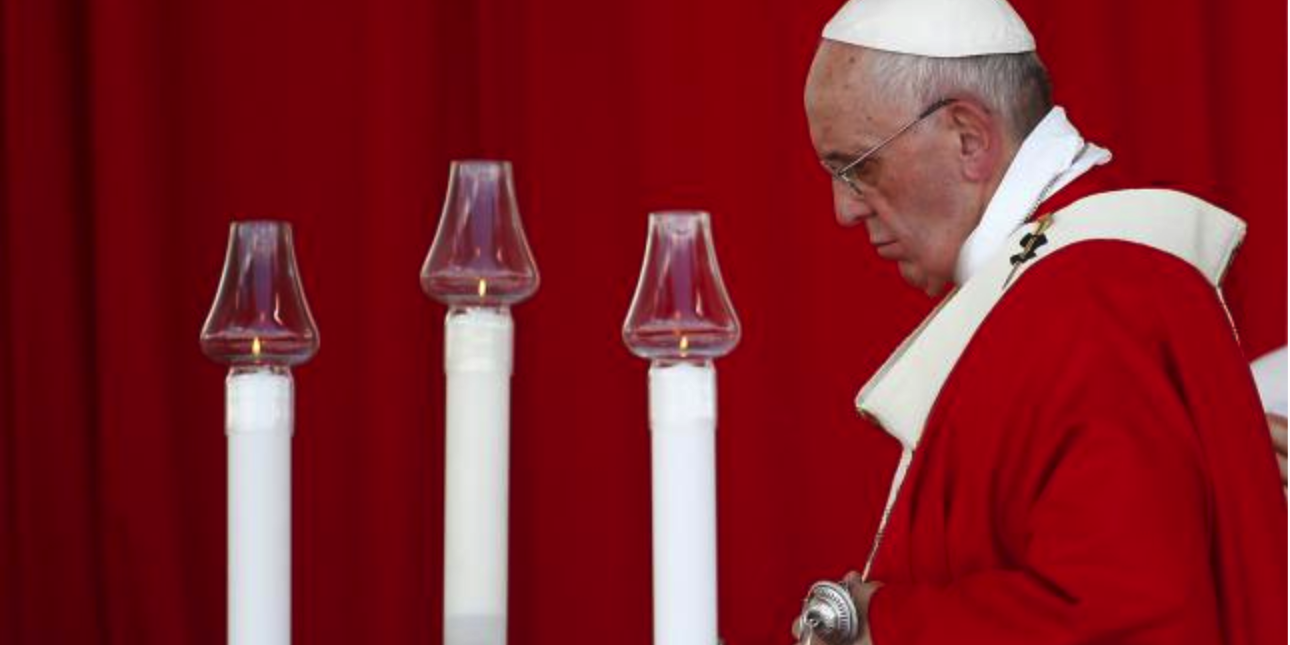SANTIAGO DE CUBA (Reuters) – Pope Francis wraps up his visit to Cuba on Tuesday and heads to the United States, figuratively connecting the two longtime Cold War adversaries who have reached detente with the help of his mediation.
The 78-year-old Argentine pope will celebrate Mass at the sanctuary of the Virgin of Charity of El Cobre, the country’s holiest shrine and one also venerated by non-believers and practitioners of Afro-Cuban religions infused with varying degrees of Catholicism.
At El Cobre on Monday, Francis prayed for reconciliation among all Cubans, both at home and around the world.
An estimated 2 million Cubans have left the island since the 1959 revolution with some 1.3 million currently living abroad, most of them in the United States, where many exiles remain bitterly estranged from their homeland.
There is great anticipation for what Francis will say in the United States, where he will meet with U.S. President Barack Obama, deliver the first address by a pope before Congress, and speak at the United Nations.
The pope avoided making overt political statements in Cuba, as dissidents had hoped he would, but used his homilies to send messages laced in spirituality about the need for change in the one-party Communist country.
He urged Cubans to think out of the box and be tolerant of other people’s ideas. At a Mass on Monday for tens of thousands of people in the eastern city of Holguin, he urged his listeners “not to be satisfied with appearances or with what is politically correct.”
The gentler approach, a contrast to the tack taken by his two immediate predecessors when they visited, seems driven by a desire to quietly encourage Cubans at a delicate time following the resumption of diplomatic ties with the United States. Meanwhile the Cuban Church is discreetly negotiating greater space for its mission.
“He has spoken with clarity, discretion and restraint,” Vatican spokesman Federico Lombardi told reporters, when asked why the pope had not spoken out directly about issues such as Cuba’s human rights record and the U.S. trade embargo, which the Vatican opposes.
“The pope wants to make a contribution but the responsibility lies with the leaders of nations. He does not want to exaggerate his role, he just wants to contribute by making suggestions, promoting dialogue, justice and the common good of people,” he said.
(Reporting By Philip Pullella; Editing by Daniel Trotta and Michael Perry)







